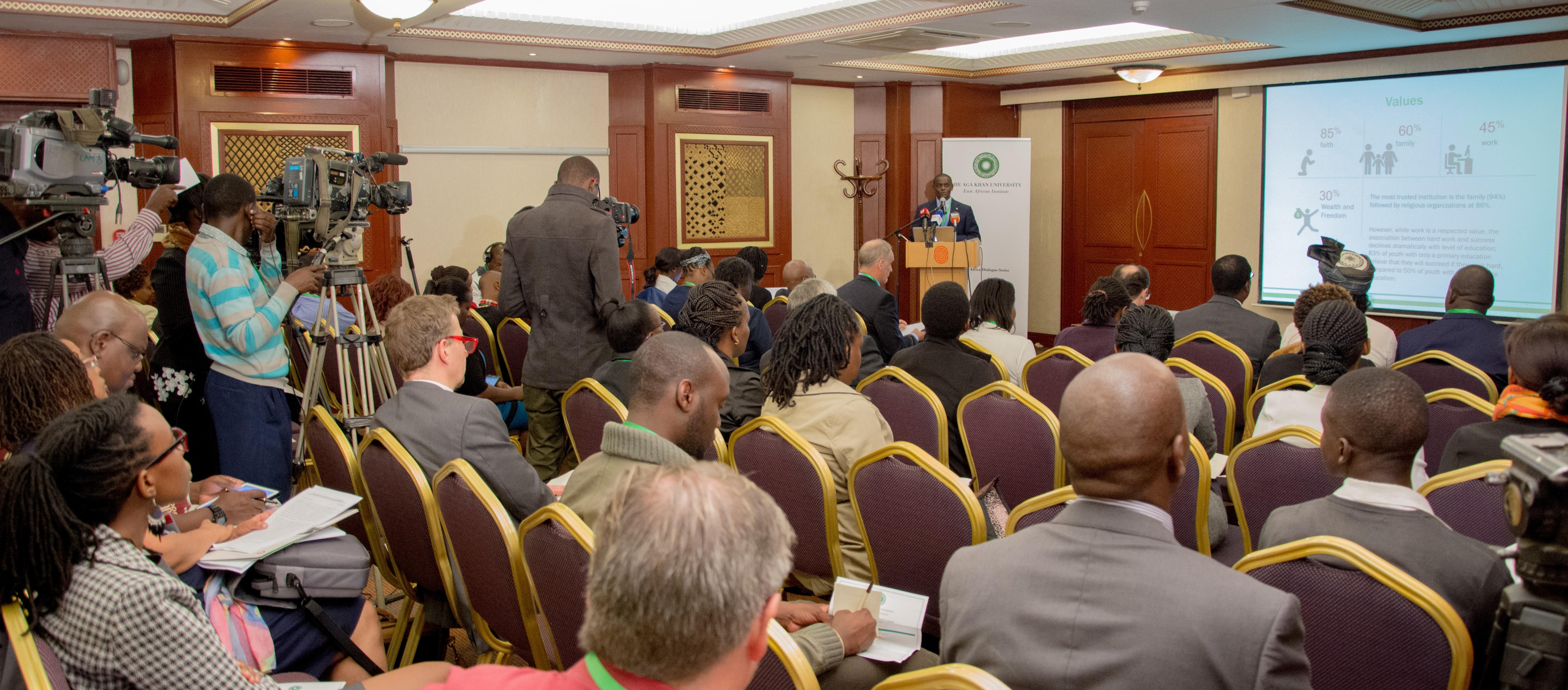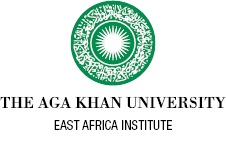How we work

Over the last three years, the EAI conducted policy-oriented research and convened a series of public dialogues on youth, urbanization, growth and inequality, urban food systems and extractive resources. Research at the EAI encompasses a variety of methods in inquiry or discovery of key issues relevant to policy, decision-making and stakeholder action. These methods include conventional research methods – literature reviews, qualitative and quantitative techniques; as well as other tools such as storytelling and photography to gather insights, experiential accounts and regular stories.
At the EAI, dialogue is the method of public engagement. Dialogue is about both deliberation (debate/reflection) and inclusion, premised on the understanding that inclusion is a right and participation is critical to enhancing the quality of decision making and improving accountability of the decision making process.
Deliberation here means careful consideration of evidence, reflection and debate and the opportunity to evaluate past or current positions with a view of finding common ground as a foundation for joined action. Inclusion means bringing together diverse range of individuals and groups who often do not share common platform. Models of convening included conferences, working groups, stakeholder roundtables, exhibitions and social media chats and performance.
It is important to note that participants in the dialogue do not usually have decision-making authority. Hence, the dialogues are not designed as a mechanism to direct, but rather to inform public policy and catalyse inclusive public debate and reflection.


